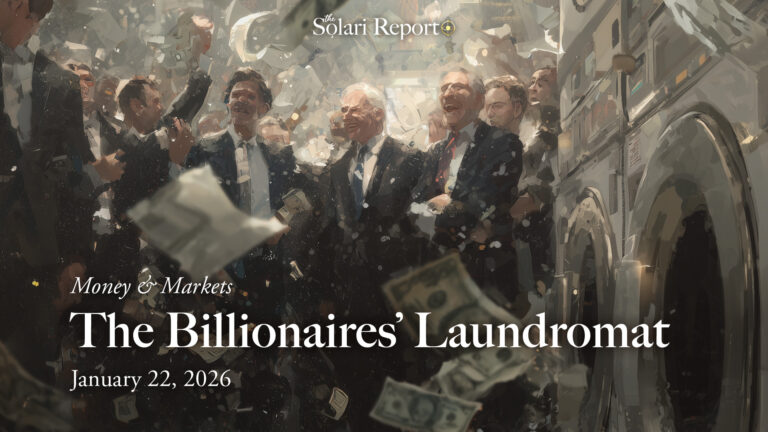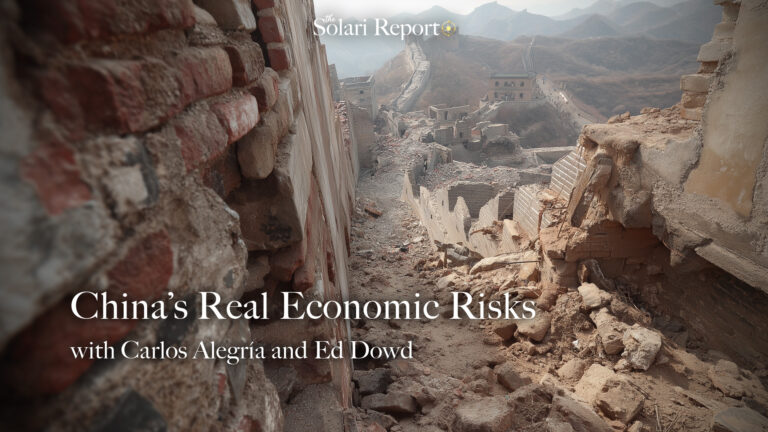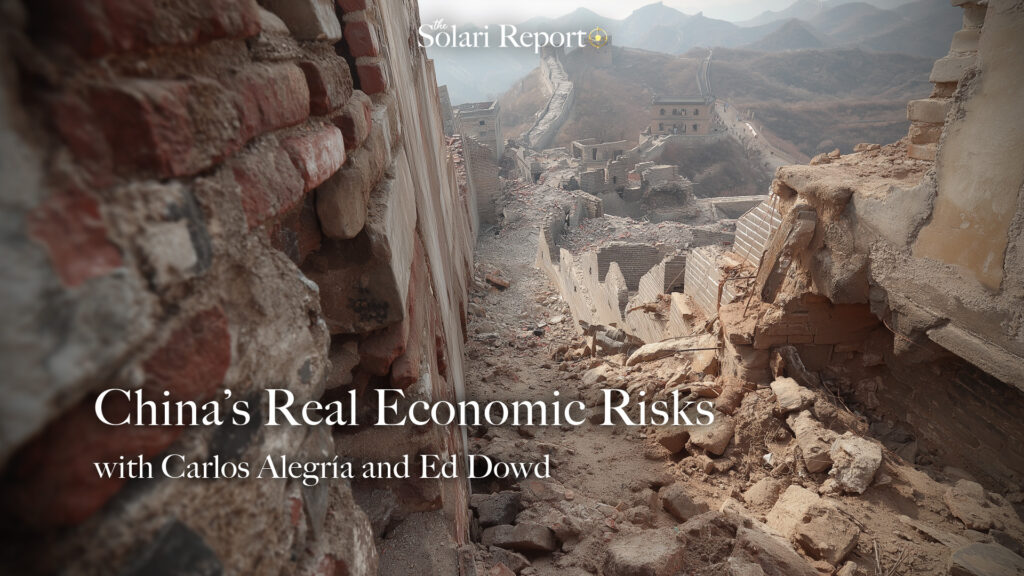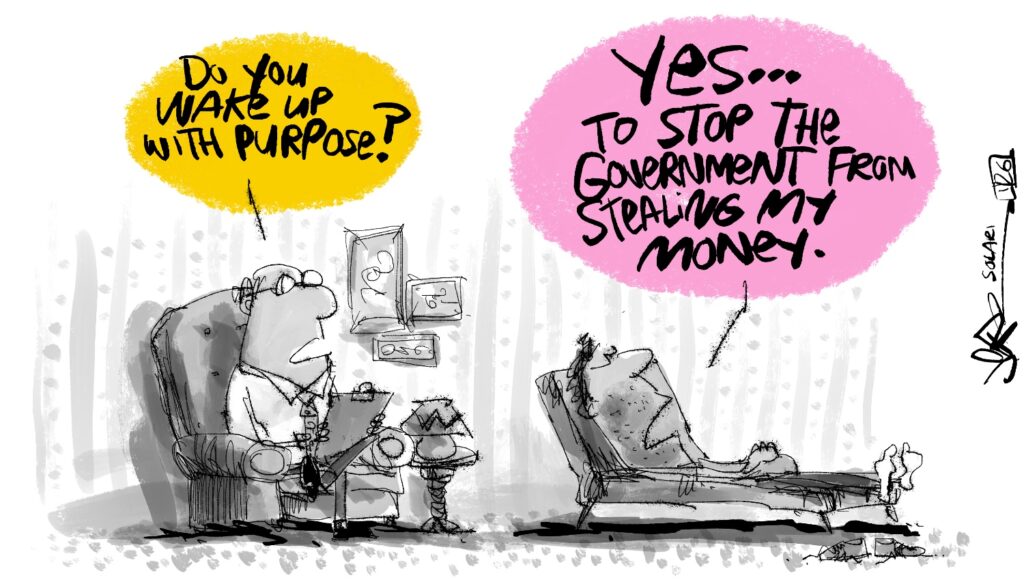
The Ascent of Hooey
Become a member: Subscribe
- Money & Markets
- Weekly Solari Reports
- Cognitive Liberty
- Young Builders
- Ask Catherine
- News Trends & Stories
- Equity Overview
- War For Bankocracy
- Digital Money, Digital Control
- State Leader Briefings
- Food
- Food for the Soul
- Future Science
- Health
- Metanoia
- Solutions
- Spiritual Science
- Wellness
- Building Weatlh
- Via Europa
Solari’s Building Wealth materials are organized to inspire and support your personal strategic and financial planning.

Missing Money
Articles and video discussions of the $21 Trillion dollars missing from the U.S. government
No posts
- LATEST
- TOP SECTIONS
- SERIES
- Money & Markets
- Weekly Solari Reports
- Ask Catherine
- News Trends & Stories
- Equity Overview
- Cognitive Liberty
- Young Builders
- Building Wealth
- The War for Bankocracy
- Digital Money, Digital Control
- State Leader Briefings
- Food
- Food for the Soul
- Future Science
- Health
- Metanoia
- Solutions
- Spiritual Science
- Wellness
- Via Europa
- BLOGS
- RESOURCES
- COMMUNITY
- My Account
- Log In
- Subscribe
- Search
- Shop
- Support
- Donate
- Log Out
The Ascent of Hooey

By Robert K. Landis
On October 16, 1929, Irving Fisher, Professor of Economics at Yale University, made a famous prediction: “Stock prices have reached what looks like a permanently high plateau.” [1] The prediction, coming as it did less than two weeks before Black Tuesday, ultimately ruined the popular reputation of this celebrity economist. On November 13, 2008, some two months after the Federal takeover of Fannie Mae (September 7) and the bankruptcy of Lehman Brothers (September 13), Niall Ferguson, Professor of History at Harvard University, published The Ascent of Money (Penguin Press, 2008). Only time will tell whether this book, a spirited defense of the monetary status quo directed at the general public, will do for this celebrity historian what his stock price prediction did for Professor Fisher.
The Ascent of Money bills itself as A Financial History of the World. A pleasant, undemanding read, it brilliantly, albeit unwittingly, demonstrates why the English speaking world is so stupid about money: our elites wish it so.
Continue reading The Ascent of Hooey
Our mission is to help you live a free and inspired life. This includes building wealth in ways that build real wealth in the wider economy. We believe that personal and family wealth is a critical ingredient of both individual freedom and community, health and well-being.
Nothing on The Solari Report should be taken as individual investment, legal, or medical advice. Anyone seeking investment, legal, medical, or other professional advice for his or her personal situation is advised to seek out a qualified advisor or advisors and provide as much information as possible to the advisor in order that such advisor can take into account all relevant circumstances, objectives, and risks before rendering an opinion as to the appropriate strategy.
Be the first to know about new articles, series and events.





















































































































